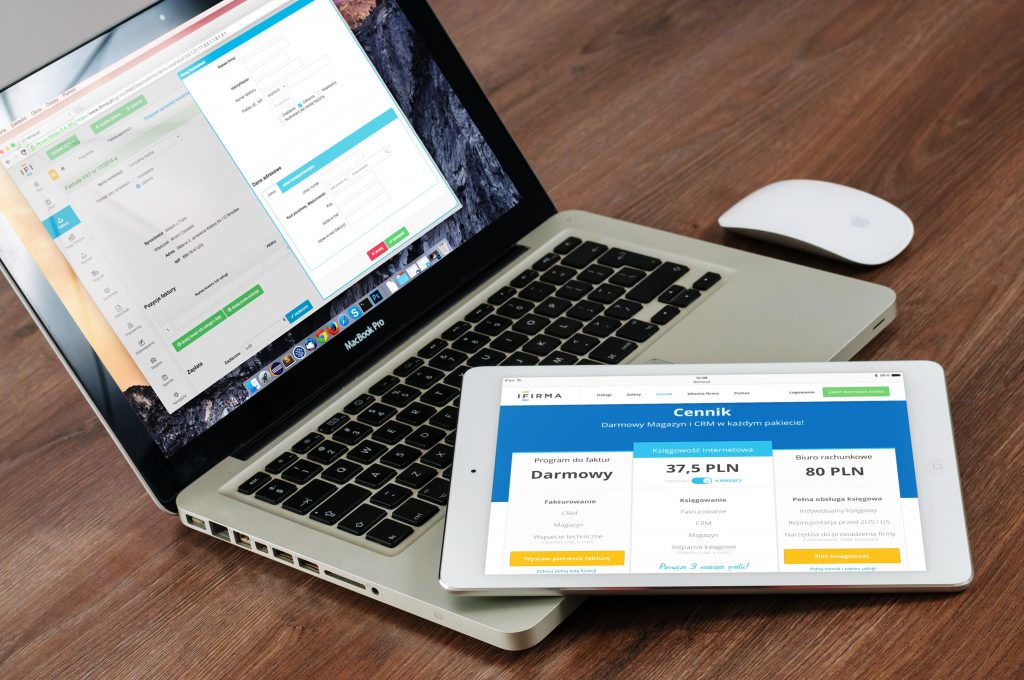Many new small businesses make the mistake of choosing a cheap web host, in order to minimize costs. Unfortunately, a cheap, low-quality web host is likely to cause many problems, and cost you more money in the long term. In the article below you will find some great tips and tricks to help you find the perfect web host.
When deciding on a host for a large site, you need to figure out how much bandwidth you will use. Depending on the amount of traffic your site gets, you need to make sure the host can accommodate large files and downloads. If you have a host that cannot handle large amount of traffic, then you will experience a lot of downtime.
Make sure any offers of “unlimited” data transfer are actually unlimited. Many web hosts advertise unlimited data transfer in their offers, but tuck exceptions in the terms and conditions for the package. Common exceptions include video or non-HTML file downloads being limited, limits on CPU utilization, and general prohibitions on using “too many resources.”
When selecting a web hosting solution, you should opt for a company that has web servers located geographically close to your targeted traffic. If you need to target people in a certain country, make sure that your hosting company has their business located in that country.
The web hosting service that you decide to utilize should have easily accessible customer support with fast response times. This is important because once you begin running your website, you might realize that you require more than is offered in your package. For example, if your website has a huge boost in traffic that is beyond your bandwidth limits, you should be able to contact your web host and immediately obtain more bandwidth. If it takes over a week for the web host to respond to your request, and if your website goes offline in the meantime, this could have lasting negative consequences.
“Unlimited” bandwidth might not mean what you think it means. Many hosts will tout this as a feature, but what it really means is that they will let you use as much bandwidth as they think is reasonable. If you have a true high-bandwidth site, be sure you understand the rules and costs that your host may impose.
All things considered, the cheapest web hosting company is not the wisest choice. Sure, you don’t want to incur astronomical charges for hosting, but you do not want downtime, lost customers, and many more problems based on choosing a web hosting company whose standards are anything but professional. Make sure you select a web hosting company that you can trust, and not the cheapest company.
Choose a web host with a CPanel. This feature allows you to install many different plug ins in a few clicks. For instance, most blogging platforms are hard to install without the CPanel feature. This kind of feature will help you improve your site without acquiring any kind of technical skills.
Find a service that offers to register your domain name for you. Registering your domain name yourself is feasible and cheaper, but if you lack experience you should spend the extra money and rely on your web host to do this for you. Choose your domain name carefully so it reflects what your company is about.
If you are getting started with your website, you should look for a web host that allows you to use 30MB of storage space. This is the average size of a new site, but you should expect it to grow as you add more content overtime, at least up to 100MB.
If you’re thinking about selecting a particular web host, then you should first check out the reviews of their services. However, you should be careful because a lot of reviews can be faked. Make sure that the reviews provide the domain name that the customer uses with the host. If they do, then it’s likely a legitimate review. If the host has a lot of legitimate excellent reviews, then you can be confident that this is an excellent one to choose.
Before you decide on a web host, examine your needs carefully. Subscription rates and features vary widely among web hosts. For instance, if you do not need e-commerce, there is no point in paying extra for a hosting plan that includes that feature. You need to know what type of content you will publish on your site in order to find the right web host that offers the features that you need.
Pay attention to the SPAM policy. It is always best to avoid web hosts that “spam” their clients or that tolerates their clients doing this to their users. If there is not a specific document outlining their policy, check the FAQ. Be wary of any company without a well-defined spam policy.
Be aware of what type of storage the web host offers. This is only relevant for certain site owners, though. If you have a site that requires a lot of videos and music, then you need to ensure the host offers the space necessary. Decide how much space you need in advance to ensure you are getting a host that supplies you will just what you need.
Some hosts offer refunds for the downtime of your site. Normally, you only receive a dollar or less, but you may lose hundreds in revenue. Choose a web host who has a good track record for uptime as opposed to offering refunds.
The web design on a web hosting provider’s website is a quick and easy indication of the quality of the provider. If the website is poorly designed, it can indicate a company that isn’t planning on being around for the long haul, or doesn’t have enough clients to justify having a professional-looking website. Simply move on to a different provider if their website is not up to professional standards.
The less you spend on your web host, the worse the service you’ll receive. For small business owners, it’s crucial that your website is online as much as possible in order to generate profits for paying the bills. If you don’t, your business will quickly fail. Put the advice of this article to work for your online needs and come away with the best possible web hosting options!




